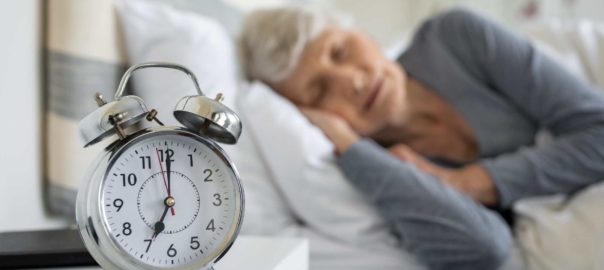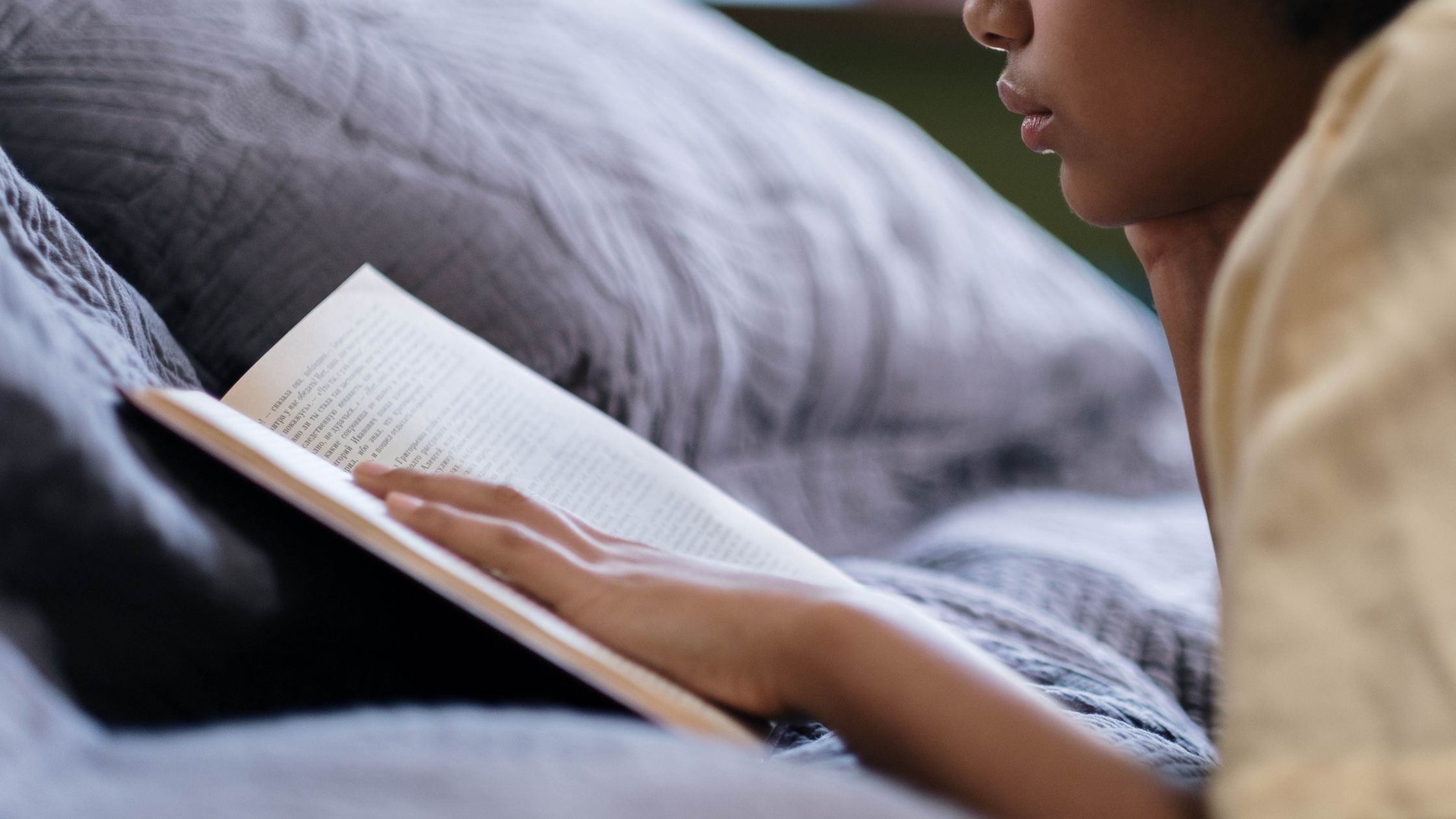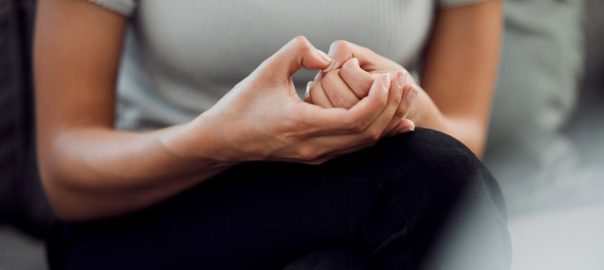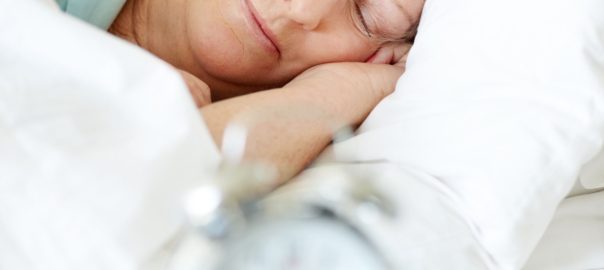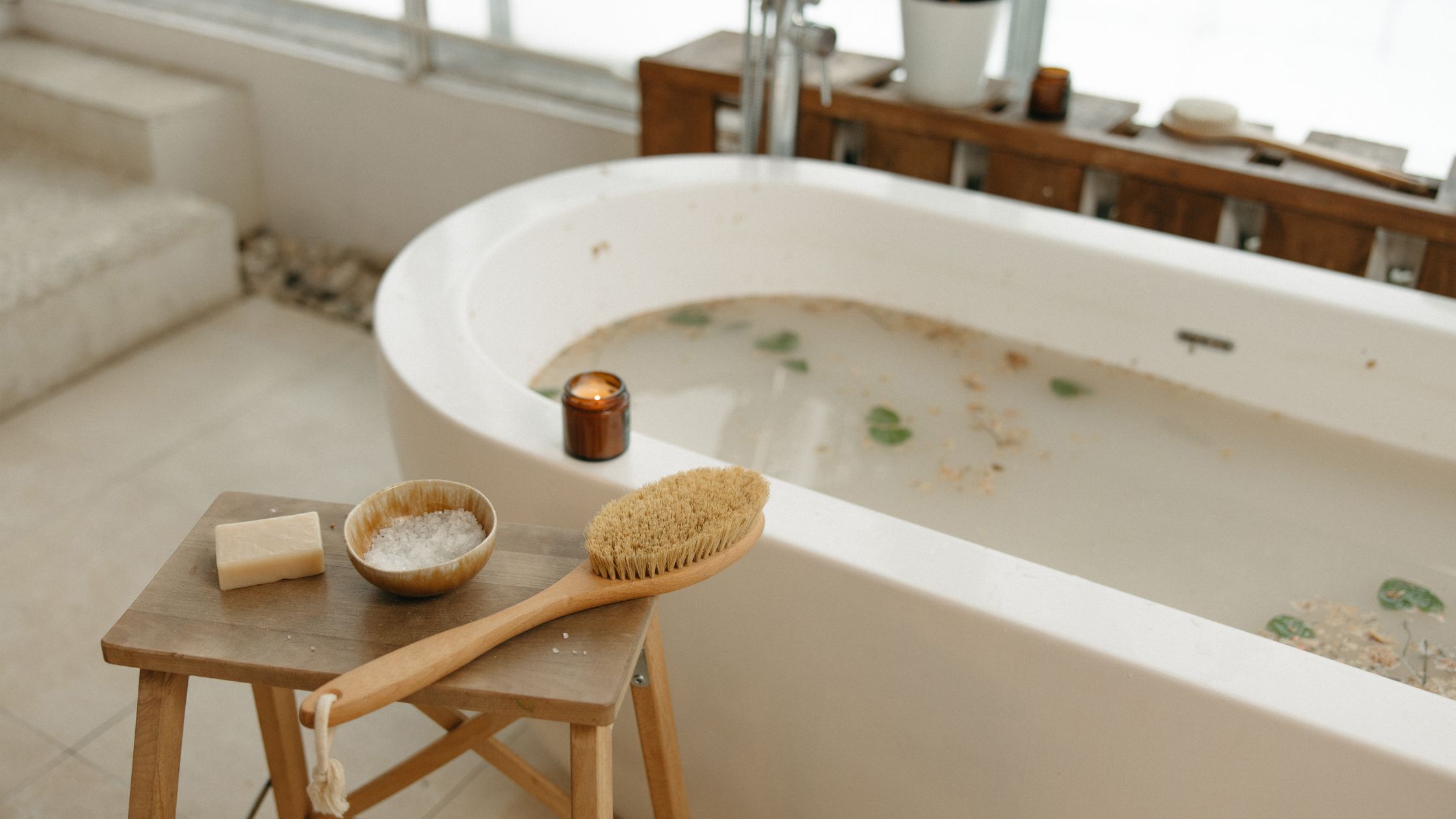Every year, as clocks spring forward or fall back in regions observing Daylight Savings Time (DST), millions find their daily routines and biological clocks disrupted. This seemingly small shift, intended to conserve energy by extending evening daylight, carries significant and often overlooked health implications.
Here are five health risks you should know:
1. Sleep Disruption and Health Risks
The immediate effect of DST is sleep disruption. WebMD highlights the harmful effects of this adjustment, noting that the loss of just one hour can lead to short-term confusion and irritability, with long-lasting impacts on overall health.
UTSWMed further explains how DST can be particularly bad for brain health, disrupting the natural circadian rhythms that regulate our sleep patterns, mood, and cognitive functions.
2. Increased Accidents and Injuries
The transition into DST has been linked to increased traffic accidents, as a study in the New England Journal of Medicine detailed. The disorientation caused by sleep loss can reduce alertness and increase the risk of errors on the road.
Similarly, the American Psychological Association (APA) found that workplace injuries tend to rise immediately after the clocks are set forward, suggesting that sleep deprivation affects not only our cognitive abilities but also our physical safety.
3. Heart Health Concerns
Perhaps one of the most alarming findings is the association between DST and heart health. The New England Journal of Medicine reports an increase in myocardial infarction (heart attack) incidents following the switch to DST, underscoring the stress that sleep disruption can place on the cardiovascular system.
4. Effects on Mental Health
The impact of DST extends into mental health. The sudden change in daylight patterns may exacerbate seasonal affective disorder (SAD) and other mood disorders. Mental Floss discusses the potential role of DST in triggering seasonal depression. At the same time, a study cited by Wiley Online Library suggests small shifts in diurnal rhythms can lead to an increase in suicide rates, highlighting the profound effect of circadian misalignment on psychological well-being.
5. Fertility and Pregnancy
An often overlooked aspect of DST is its impact on fertility treatments. A study shared by Taylor & Francis Online reveals an increased rate of spontaneous pregnancy loss among IVF patients following the DST change, suggesting that even minor disruptions in sleep and circadian rhythms can have significant reproductive consequences.
Recommendations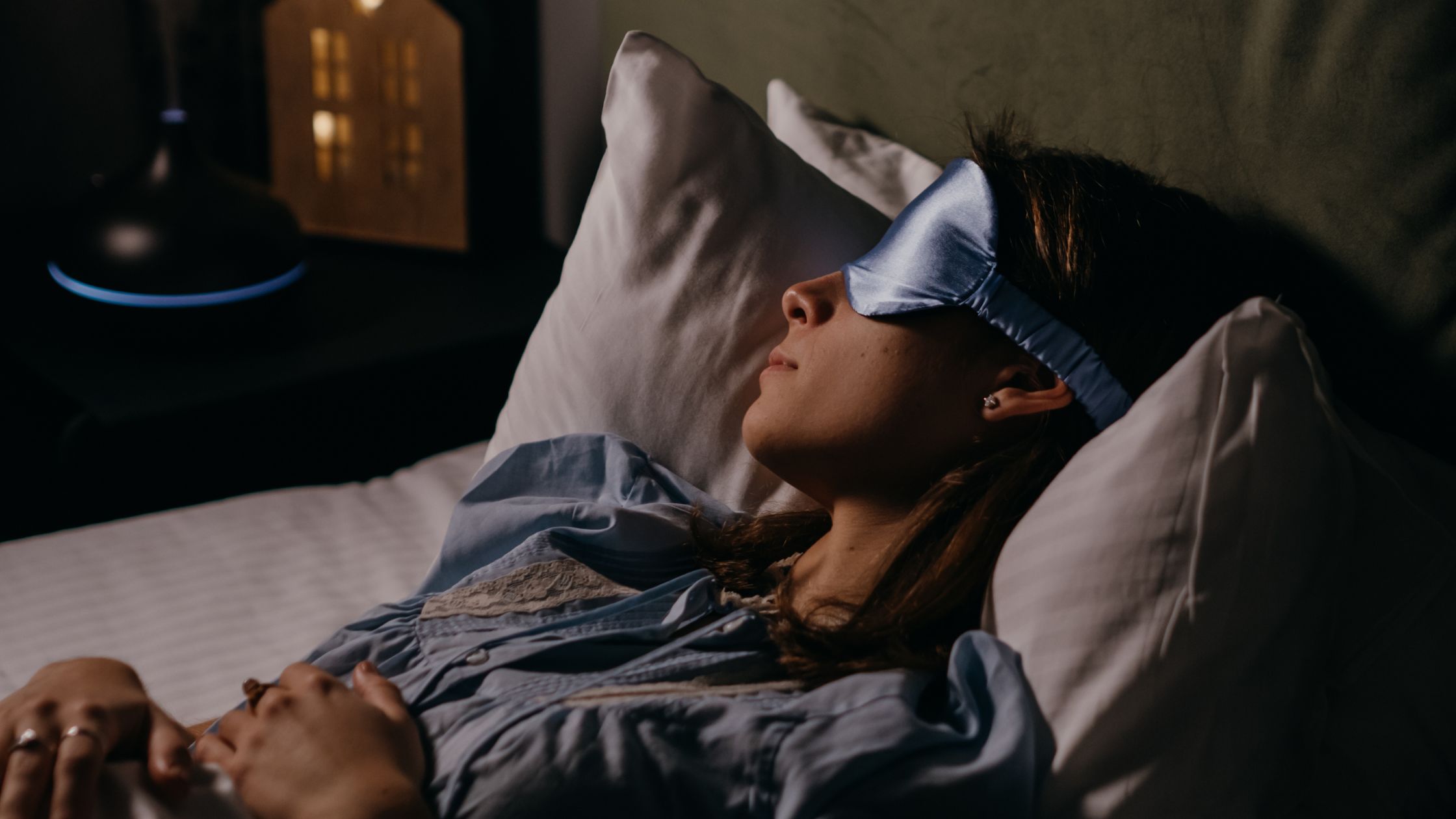
To mitigate the risks associated with Daylight Savings Time (DST) and improve your overall well-being during these transitions, consider the following recommendations:
- Gradually Adjust Your Sleep Schedule: In the week leading up to the change, adjust your bedtime and wake-up time by 10-15 minutes each day to help your body adapt more smoothly to the time change.
- Enhance Your Sleep Environment: Make sure your bedroom is conducive to sleep. This includes maintaining a cool, comfortable temperature, minimizing noise and light exposure, and investing in a comfortable mattress and pillows.
- Limit Exposure to Screens Before Bedtime: The blue light emitted by phones, tablets, and computers can interfere with your body's production of melatonin, the hormone that regulates sleep. Try to avoid screens for at least an hour before going to bed.
- Establish a Relaxing Pre-Sleep Routine: Engage in calming activities before bed to help signal to your body that it's time to wind down. This could include reading, taking a warm bath, meditating, or practicing gentle yoga.
- Stay Active During the Day: Regular physical activity can help you fall asleep faster and enjoy deeper sleep. However, try to avoid vigorous exercise close to bedtime as it can energize you and make it harder to fall asleep.
- Consider Natural Sleep Aids: Supplements like melatonin or herbal teas (such as chamomile or lavender) can be helpful, but it's important to consult with a healthcare professional before starting any new supplement.
- Use Essential Oils: Products like Circadian Rhythm™ by Vibrant Blue Oils can support your body's natural sleep-wake cycle by helping to regulate the release of melatonin and reduce stress levels.
Implementing these strategies can help ease the transition into and out of Daylight Savings Time, reduce the associated health risks, and support your overall sleep and well-being.
–
[expand title="Sources"]
WebMD. (2021, November 5). An Hour at What Cost? The Harmful Effects of Daylight Savings. Retrieved from webmd.com
University of Texas Southwestern Medical Center. Why daylight saving time may be bad for your brain and health. Retrieved from utswmed.org
Gold, J. A., et al. (2020). Increased Patient Safety-Related Incidents Following the Transition to Daylight Savings. Retrieved from PubMed
Janszky, I., & Ljung, R. (2008). Shifts to and from Daylight Saving Time and Incidence of Myocardial Infarction. Retrieved from NEJM
Coren, S. (1996). Daylight Savings Time and Traffic Accidents. Retrieved from NEJM
Barnes, C. M., et al. (2019). Changing to Daylight Saving Time Cuts Into Sleep and Increases Workplace Injuries. Retrieved from APA
Kelner, N., et al. (2017). Impact of DST on spontaneous pregnancy loss in in vitro fertilization patients. Retrieved from Taylor & Francis Online
Lahti, T. A., et al. (2008). Small shifts in diurnal rhythms are associated with an increase in suicide. Retrieved from Wiley Online Library
Mental Floss. Is Daylight Saving Time to Blame for Seasonal Depression? Retrieved from mentalfloss.com
[/expand]

